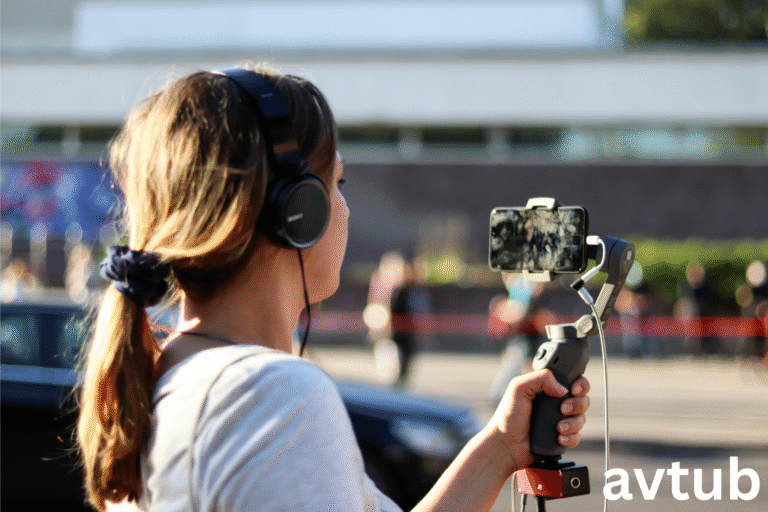Pokedle: Addictive Fun or Hidden Distraction? Exploring the Mind Game Everyone’s Talking About
Introduction to Pokedle
If you’ve spent any time online recently, you’ve probably seen the name Pokedle trending. Whether it’s on gaming forums or social media, players everywhere are sharing their scores and strategies. But what exactly is Pokedle — and why has it become such a digital obsession?
Pokedle is an online word puzzle game inspired by the global success of daily challenge formats. It combines logic, pattern recognition, and vocabulary skill — all in one simple yet competitive platform. Some call it brain training; others call it a distraction. But either way, it’s captured millions of minds worldwide.
In this guide, we’ll explore Pokedle’s origin, gameplay, benefits, possible drawbacks, and how to make the most of it — responsibly.
The Origin and Rise of Pokedle
The story of Pokedle begins in the growing trend of daily challenge games that exploded after Wordle’s global success. Developers saw an opportunity to create something fresh — a puzzle with personality, blending challenge and entertainment.
Pokedle emerged as an evolved concept, adding color patterns, smarter difficulty scaling, and community leaderboards. Within weeks of its launch, it was trending across gaming subreddits and casual gaming platforms.
Its success comes from its perfect balance: quick to play, easy to start, but hard to master. That’s what keeps players coming back every day.
What Makes Pokedle So Unique?
Unlike typical word puzzles, Pokedle blends logic with reflex. It’s not just about guessing letters — it’s about understanding color-coded clues and predicting the next move.
Here’s what sets it apart:
-
Smart Feedback System: Every move reveals color patterns indicating accuracy.
-
Time-Based Challenges: Encourages quick thinking and focus.
-
Daily Competition: New puzzles every 24 hours keep engagement alive.
-
Social Sharing: Players post their scores to challenge friends.
Essentially, Pokedle gives your brain a mini-workout wrapped in competitive fun — which is exactly why it’s so hard to put down.
How to Play Pokedle: A Step-by-Step Guide
-
Access the Game: Visit the official Pokedle website or app.
-
Start a Daily Challenge: You’ll be given a blank grid and must guess the hidden word or pattern.
-
Use Color Hints: After each guess, tiles change color to show how close you are to the answer.
-
Refine Your Guess: Use logic, deduction, and vocabulary to solve the puzzle in the fewest tries.
-
Share Your Score: Compare with friends or on social platforms using built-in share buttons.
Tip: Start with common letters or patterns to improve accuracy — it’s a small trick top players use daily.
The Positive Side: Why Pokedle Is Good for You
While often seen as a fun distraction, Pokedle actually offers surprising cognitive and emotional benefits:
-
Improves Focus and Memory: Strengthens vocabulary and short-term recall.
-
Enhances Time Management: Each puzzle is short, promoting discipline and consistency.
-
Boosts Problem-Solving: Helps players think critically under gentle pressure.
-
Encourages Social Connection: Friendly competition builds online communities.
In moderation, Pokedle can act as a healthy mental break — sharpening your mind without the burnout of heavy gaming.
The Negative Side: Is Pokedle Too Addictive?
Like any game that offers instant gratification, Pokedle has a potential downside: overuse.
Its “one more round” design can tempt players to spend hours trying to improve their streaks.
Some possible drawbacks include:
-
Time Wastage: Overplaying can distract from daily responsibilities.
-
Mental Fatigue: Continuous play can reduce attention span.
-
Digital Dependence: Checking scores or puzzles constantly can become habit-forming.
The key is balance. Treat Pokedle as a daily challenge — not a constant escape. Play, enjoy, and move on.
How to Include Pokedle in a Healthy Routine
If you love Pokedle but don’t want it to become overwhelming, try this approach:
-
Play once daily, ideally during a short break.
-
Avoid playing before sleep to prevent screen fatigue.
-
Share your progress weekly, not hourly.
-
Combine it with other brain activities like reading or meditation.
Used wisely, Pokedle becomes a smart tool for mental engagement, not a distraction.
Pokedle and the Psychology of Challenge
Psychologists explain Pokedle’s success using the “reward loop theory.” Each correct guess releases a small dopamine hit, motivating you to continue.
This mini-success cycle fuels excitement, but when unchecked, it leads to overuse.
Understanding this helps players stay aware — enjoying the satisfaction without falling into dependency.
That’s what separates mindful play from compulsive scrolling.
Is Pokedle Suitable for Kids?
Yes, with supervision. Pokedle can improve children’s spelling and logic skills, but screen time should be limited. Ideally:
-
Play together with parents.
-
Use it as a learning tool, not an entertainment escape.
-
Encourage offline word games as balance.
The Future of Pokedle
Developers continue updating the platform with new modes, multiplayer challenges, and seasonal themes.
There’s even talk of educational versions for schools, turning gameplay into active learning.
With growing interest in cognitive games, Pokedle might soon become a staple in digital learning and smart entertainment.
Conclusion
Pokedle is more than just a puzzle — it’s a modern brain exercise disguised as entertainment.
While it can become addictive if misused, played mindfully, it improves focus, boosts vocabulary, and creates moments of fun and challenge.
So, is Pokedle addictive fun or a hidden distraction?
The answer depends on how you play it. Treat it as a tool, not a trap — and it can easily become your favorite 5-minute brain booster of the day.
FAQs
1. What exactly is Pokedle?
Pokedle is an online daily word puzzle game that challenges players to guess hidden patterns or words using logic and color-based clues.
2. Is Pokedle free to play?
Yes. Most versions of Pokedle are completely free and can be played directly online without downloads.
3. How is Pokedle different from Wordle?
Pokedle builds on Wordle’s format but adds advanced feedback systems, community rankings, and more gameplay variations.
4. Can playing Pokedle improve brain function?
Regular play can enhance memory, focus, and vocabulary — similar to brain training exercises.
5. Are there any risks to playing Pokedle too often?
Excessive play can lead to digital fatigue or distraction. Moderation ensures you enjoy its benefits without negative effects.
6. Where can I play Pokedle?
You can play Pokedle through its official website or mobile versions available on major app stores.







